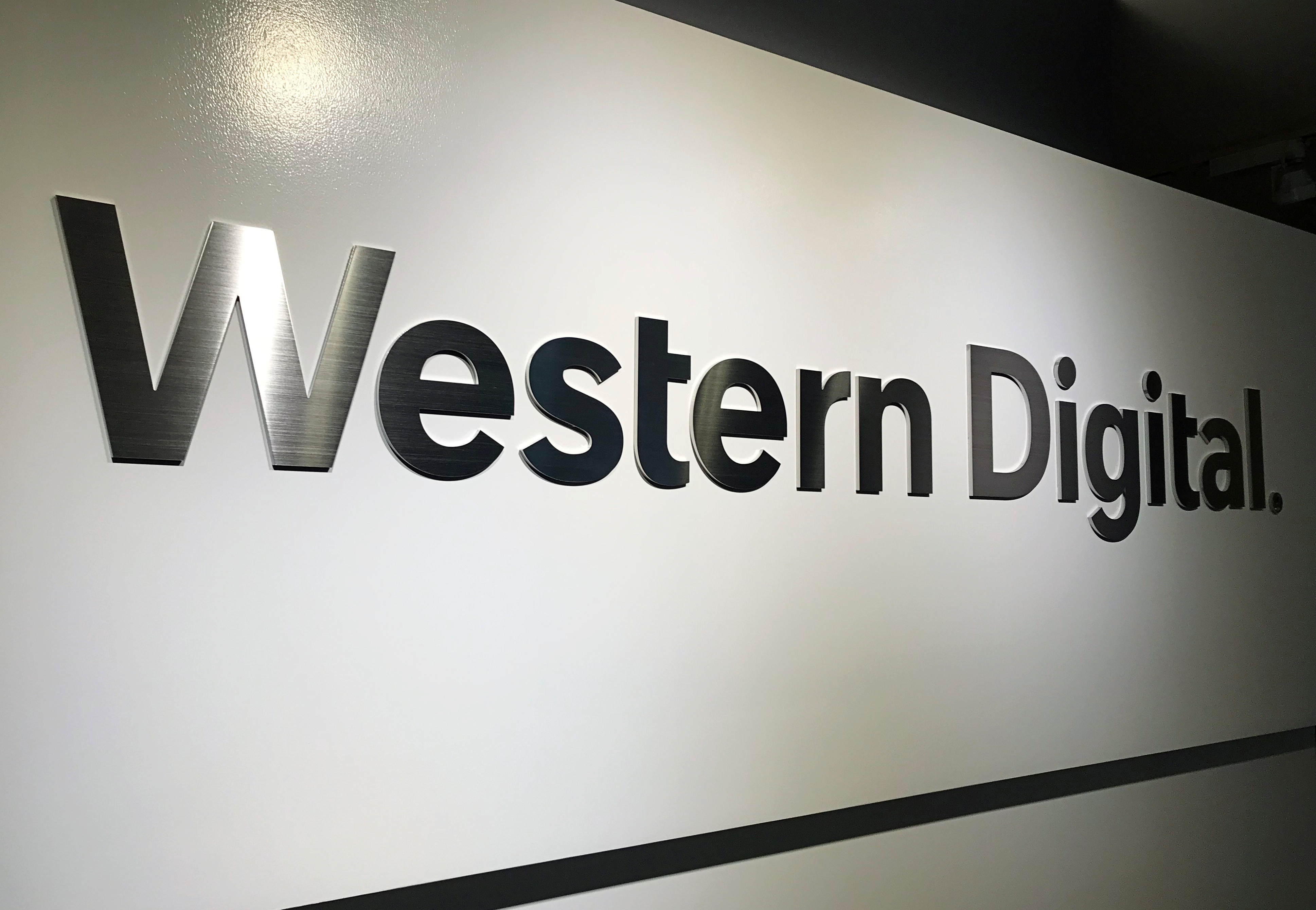
Western Digital
According to a recent article, Western Digital appears to be at an advanced stage of negotiations regarding its merger with Kioxia. The deal could be worth over $ 20 billion and, if approved by antitrust regulators, would create the world's largest 3D NAND producer with high manufacturing and engineering capabilities.Credit: Kioxia Il The Wall Street Journal reported that talks between Western Digital and Kioxia have intensified in recent weeks and the final agreement could be reached as early as mid-September. The US hard drive and SSD manufacturer is reportedly intending to fund the deal with shares, which will make the consortium of investors that own Kioxia a major shareholder in the new company.
Kioxia and Western Digital jointly operate production facilities. 3D NAND production located in two areas of Japan. The two companies produced 33.4% of all NAND memory worldwide in the first quarter of 2021, which is only 0.1% less than Samsung, according to TrendForce. If Kioxia and Western Digital merge, the combined company will be significantly larger than Micron and SK Hynix (even once the latter has absorbed Intel's storage and 3D NAND businesses).
Credit: TrendForce In fact, the merged company will be the world's largest supplier of storage devices with a broad portfolio of intellectual property and patents, state-of-the-art hard drive and 3D NAND manufacturing capabilities, multiple SSD design groups, and even a group of engineers working on RISC-V CPU cores. However, building a company that can control over a third of NAND flash supply and a significant chunk of the HDD market will inevitably face scrutiny by anti-monopoly regulators.
Neither Kioxia nor Western Digital have commented on the news at the moment.
Western Digital-Kioxia in talks to create chipmaker giant -source
NEW YORK/TOKYO, Aug 25 (Reuters) - Western Digital (WDC.O) is in advanced talks for a possible $20 billion stock merger with Japanese chipmaker and partner Kioxia, a person familiar with the matter said, a move that would create a NAND memory giant to rival Samsung Electronics (005930.KS).
The companies could reach an agreement as early as mid-September, and Western Digital CEO David Goeckeler would run the combined firm, the person said, requesting anonymity to discuss confidential matters.
The Wall Street Journal reported the talks earlier on Wednesday. Kioxia Holdings Corp and Western Digital both told Reuters they do not comment on speculation about mergers.
A combination of the two would rewrite the competition to capture robust demand for memory chips that has been driven by 5G expansion and a pandemic-fueled rise in work from home.
While Samsung dominates with over a third of the NAND market, according to research firm TrendForce, Kioxia has a nearly 19% share and Western Digital 15%. South Korea's SK Hynix Inc (000660.KS) and U.S. firms Micron Technology Inc (MU.O) and Intel Corp (INTC.O) are the other large players.
'Such a deal would be a defensive, but prudent, move by Western to reinforce its competitive position in the swiftly consolidating chip market,' Morningstar analyst William Kerwin said in a research note.
'In the long term, we expect the NAND market to ... consolidate down to about three leading players for a largely commodity-like product,' Kerwin said.
The memory chip industry is already consolidating, with Hynix agreeing to buy Intel's NAND business for $9 billion last year, a deal still awaiting anti-trust clearance. read more
A Western Digital-Kioxia merger is also likely to draw anti-trust scrutiny in several countries, including in the United States and China.
Monopoly concerns and a years-long trade conflict between the United States and China have scuppered deals in the past few years.
Qualcomm Inc (QCOM.O), for instance, walked away from a $44 billion deal to buy NXP Semiconductors (NXPI.O) after failing to secure Chinese approval in 2018, and Nvidia Corp's (NVDA.O) planned $40 billion acquisition of British chip designer ARM hit a major hurdle last week in the UK. read more

Chinese antitrust watchdog State Administration for Market Regulation did not immediately respond to a request for comment on approval for a potential Western Digital-Kioxia deal.
KIOXIA OWNERS
In Japan, the two companies jointly produce NAND chips, which don't need power to retain data and are used in smartphones, TVs, data center servers and public announcement display panels.
'For privately held Kioxia, we think $20 billion or more would secure a solid return,' Morningstar's Kerwin said.
Kioxia, sold by Toshiba Corp (6502.T) in 2018 to a consortium led by Bain Capital for $18 billion as Toshiba Memory Corp, shelved plans last year for what would have been Japan's largest initial public offering in 2020.
An IPO is still a possibility should Kioxia fail to reach a deal with San Jose, California-based Western Digital, the source told Reuters. Financial magazine Diamond in June said Kioxia was planning an IPO as early as September.
Kioxia said in its statement to Reuters on Thursday that it was considering the appropriate timing for an IPO.
Toshiba, which still owns about 40.6% of Kioxia, is in talks with at least four global private equity firms to seek their ideas for a new strategy, Reuters reported on Wednesday, citing sources. read more
Toshiba's shares were up 1.3% in afternoon trading.
Western Digital's shares closed up 7.8% on Wednesday, giving it a market capitalization of more than $20 billion.
Toshiba said it was not involved in the management of Kioxia and not in a position to comment. It said it continues to consider the most appropriate approach to its investment in Kioxia to maximize shareholder value.
Bain was not immediately available for a comment.
Reporting by Eva Mathews in Bengaluru, Krystal Hu in New York and Makiko Yamazaki in Tokyo; Additional reporting by Brenda Goh in Shanghai; Writing by Sayantani Ghosh; Editing by Stephen Coates and Tom Hogue
Our Standards: The Thomson Reuters Trust Principles.